According to Singapore’s Lianyungang Morning Post, China’s domestic market cannot consume all of its domestically produced goods, while exports are controversial. Therefore, since April, China’s “excess production capacity” has become a new flashpoint in the confrontation between this Asian country and the US and European countries.
It's not just about production...
From US Treasury Secretary Janet Yellen to German Chancellor Olaf Scholz, concerns about China’s excess manufacturing capacity were voiced during visits to the country in April. The European Union (EU) has launched an anti-subsidy investigation into several Chinese new energy companies, while the US has launched an investigation into China’s shipping, logistics and shipbuilding industries.
Within a month, the debate over excess capacity has expanded from new energy products such as electric vehicles, solar panels and lithium batteries to traditional industries such as steel and aluminum.

While the parties to the dispute disagree on the definition and scope of excess capacity, analysts agree that the current overcapacity situation stems from China’s worsening real estate crisis over the past two years. To mitigate the consequences, Beijing has shifted to advanced manufacturing, supporting the production and export of new energy products. For example, in 2023, China’s steel exports will reach more than 90 million tons, the highest level since 2017.
Ma Tao, deputy director of the Office of International Political Economy Research at the Chinese Academy of Social Sciences, said that China's steel production mainly meets the needs of domestic economic development. Exported steel accounts for only about 5% of total output, much lower than the proportion of steel exports from South Korea and Japan. Therefore, it is unfair to accuse China of having excess production capacity.
However, Japan's crude steel output in 2023 was 86.83 million tons, while South Korea's was less than 70 million tons. China accounts for half of the world's steel output, and even if it exports only 5%, it will have a major impact on the global market. According to statistics from the China Metallurgical Industry Information Standardization Research Institute, in 2023, countries announced 112 anti-dumping and anti-subsidy investigation notices on Chinese steel products, an increase of 20 cases compared to 2022.
And concerns
Singapore's Eagle Energy Group, which develops and manages new energy power plants, has more than 90% of its business in China, mainly exporting semi-finished products such as solar panels made in China to Europe and Central Asia.
Mr. P. Pooh Yen Leng, CEO of Eagle Energy Group, said that China's new energy products do not rely on low prices to win, but on the advantages of a complete production chain that has been accumulated for many years. From solar power, wind power to electric vehicles, no country can control the entire production chain like China. A country can stop importing goods from China, but it cannot completely eliminate semi-finished products made in China.
However, with the US and European countries continuously increasing pressure on China in exporting energy products, Mr. P. Pooh Yen Leng is concerned that export activities will become increasingly difficult. The US, the country with the most stringent restrictions, is an example. This country not only requires an investigation of the origin of products, but also requires tracing the origin of raw materials.
After years of accusing Chinese companies of benefiting from government subsidies, the US and Europe have begun to introduce industrial policies. In 2022, the US passed two bills to increase support for the semiconductor and renewable energy industries.
In 2023, the EU launched a $270 billion Green Deal Industrial Plan to boost green technology competitiveness. China has also taken countermeasures after its exports were repeatedly blocked. On April 19, the Chinese Ministry of Commerce determined that propionic acid imported from the US was subject to dumping and announced that the product would be subject to a 43.5% tariff.
Markets are worried that the dispute over excess capacity will escalate into a new trade war. Jens Eskelund, president of the EU Chamber of Commerce in China, warned that with the rise of protectionism, China and Europe are facing a “slow-motion train accident” and that the trade friction could turn into a full-blown trade war.
MINH CHAU
Source: https://www.sggp.org.vn/nguy-co-moi-tu-nang-luc-san-xuat-du-thua-post740662.html



![[Photo] April Festival in Can Tho City](https://vstatic.vietnam.vn/vietnam/resource/IMAGE/2025/4/10/bf5ae82870e648fabfbcc93a25b481ea)

![[Photo] Unique folk games at Chuong Village Festival](https://vstatic.vietnam.vn/vietnam/resource/IMAGE/2025/4/10/cff805a06fdd443b9474c017f98075a4)

![[Photo] Opening of the 11th Conference of the 13th Party Central Committee](https://vstatic.vietnam.vn/vietnam/resource/IMAGE/2025/4/10/f9e717b67de343d7b687cb419c0829a2)
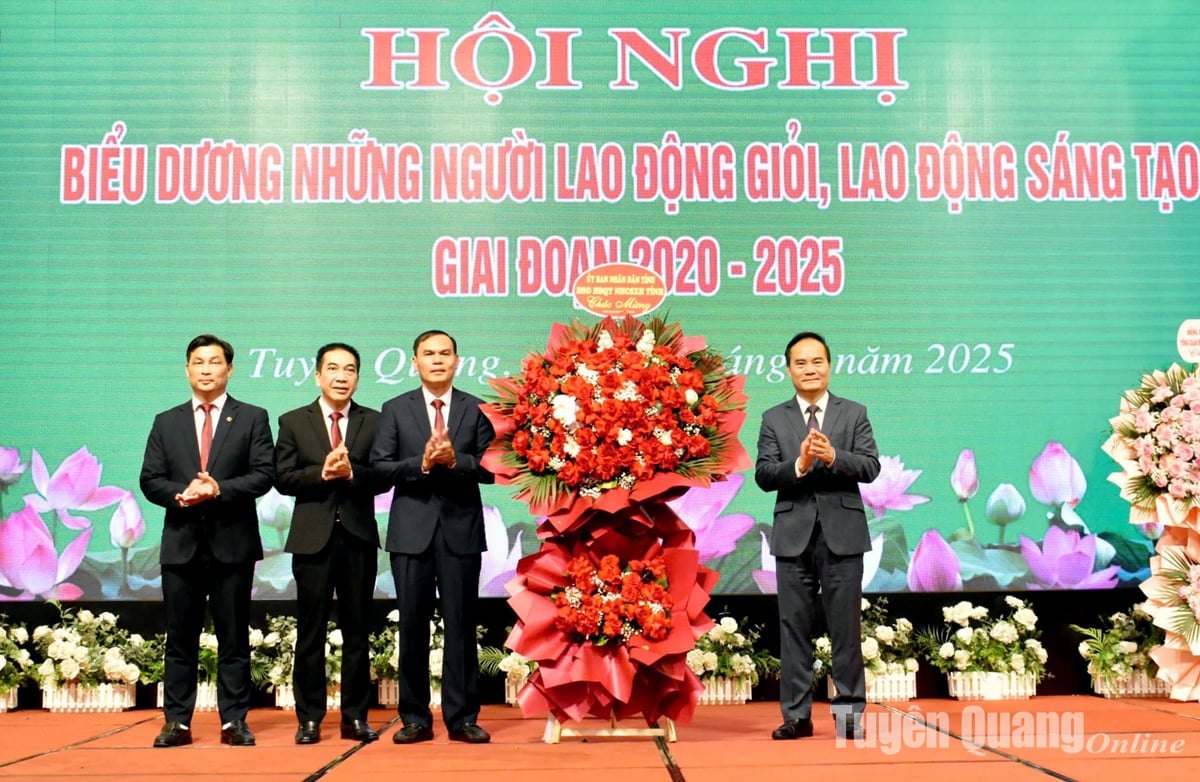

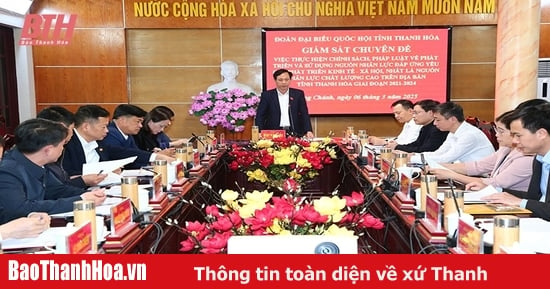

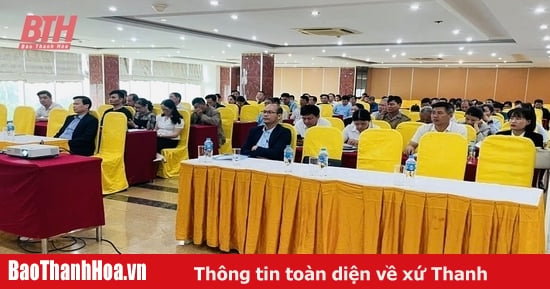

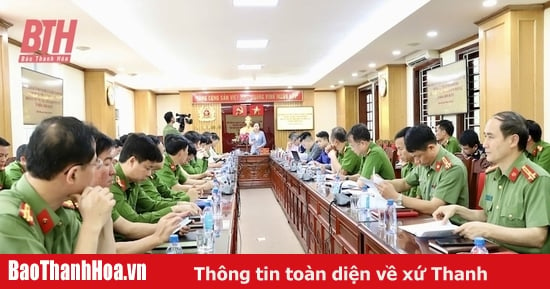
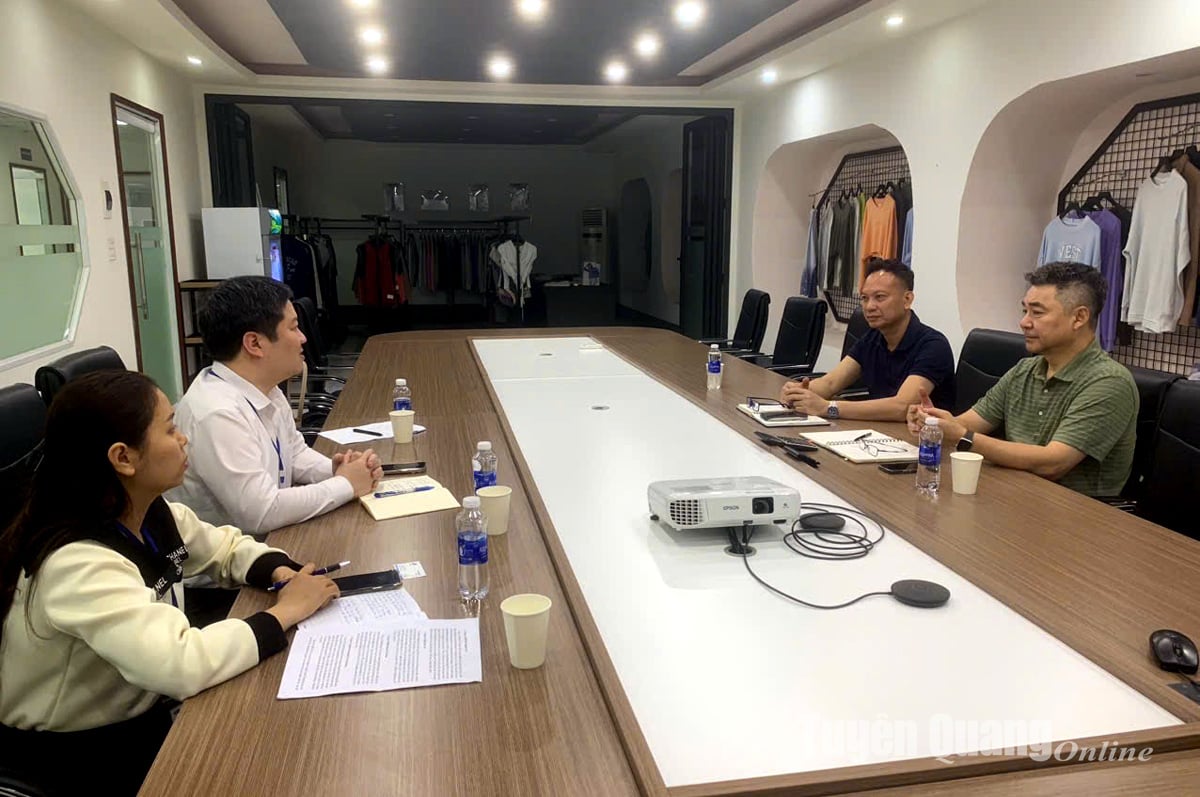






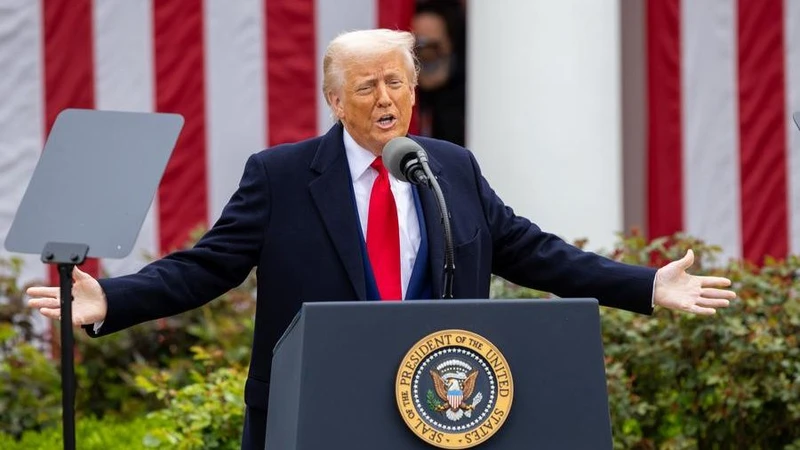






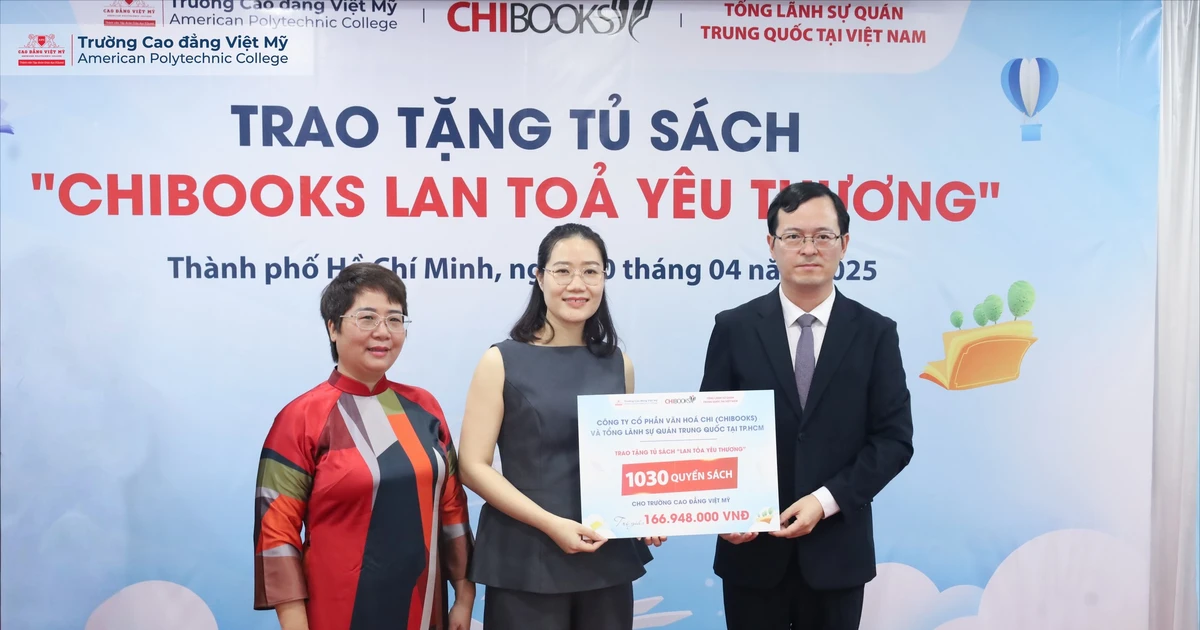
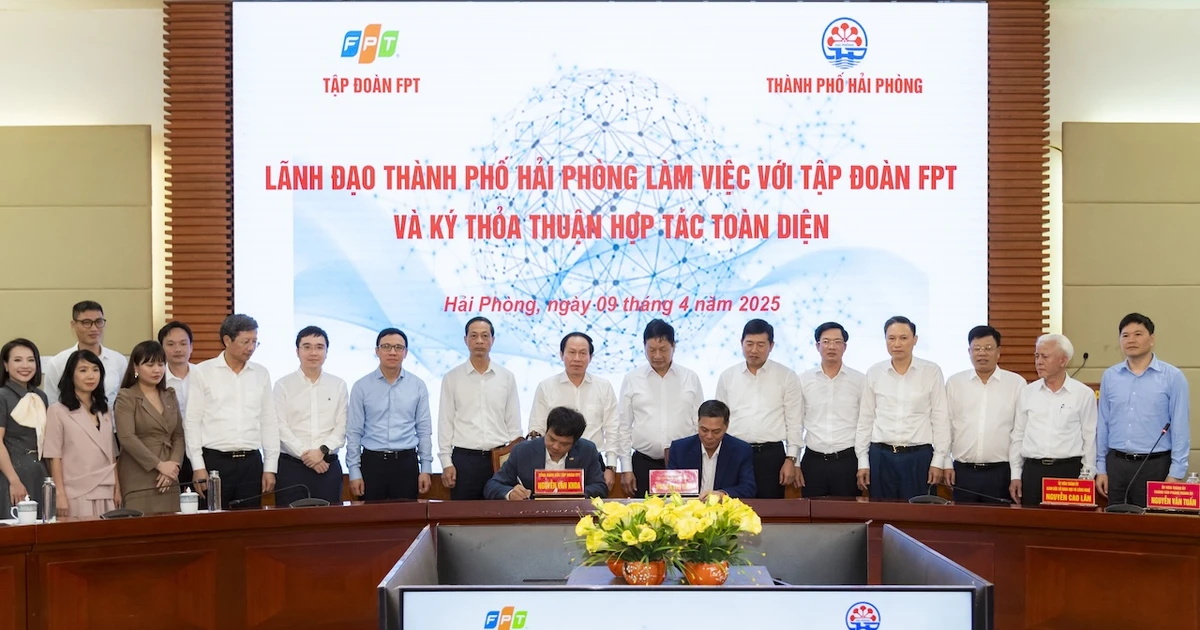
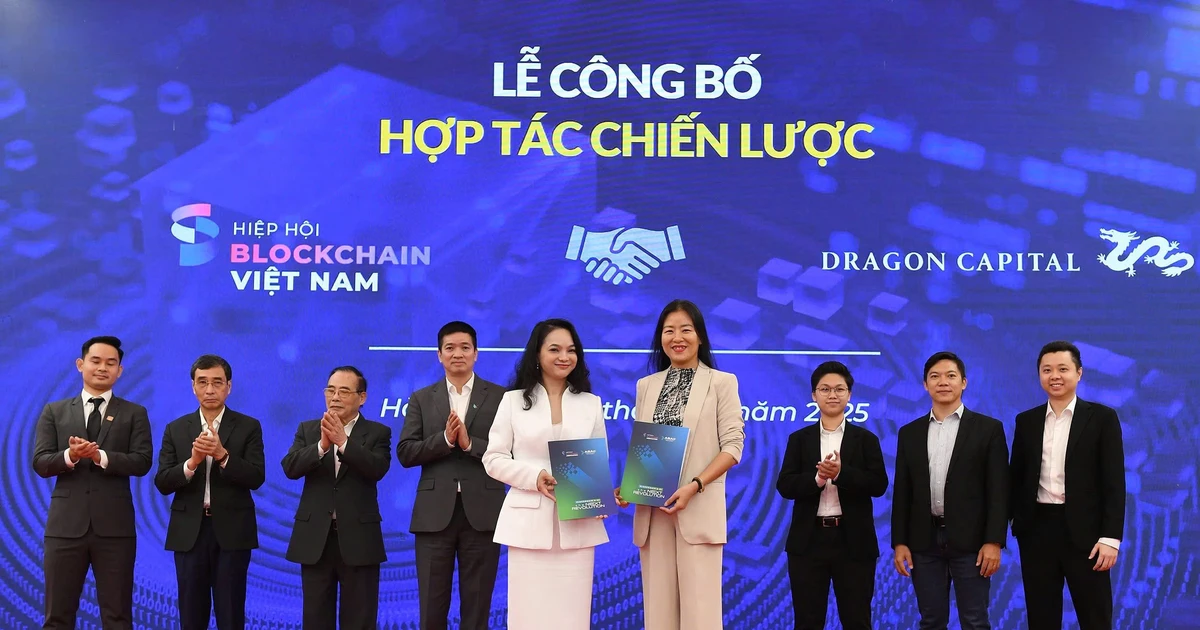













































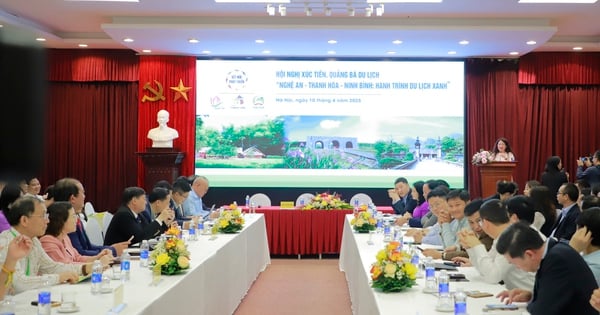

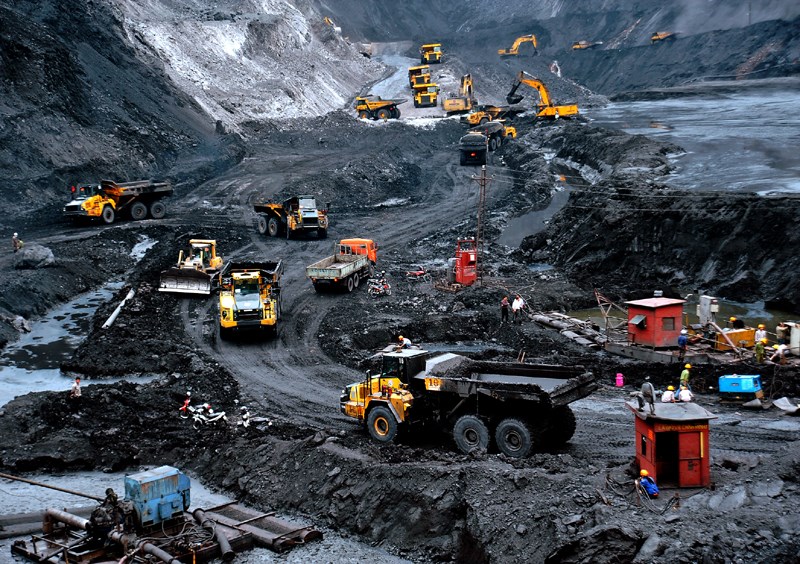

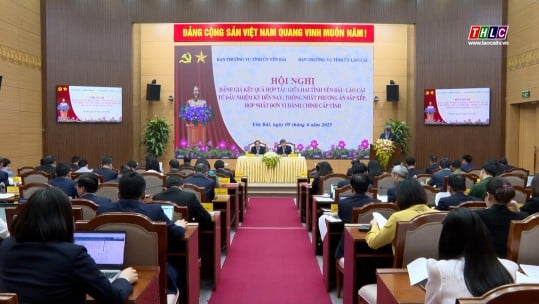
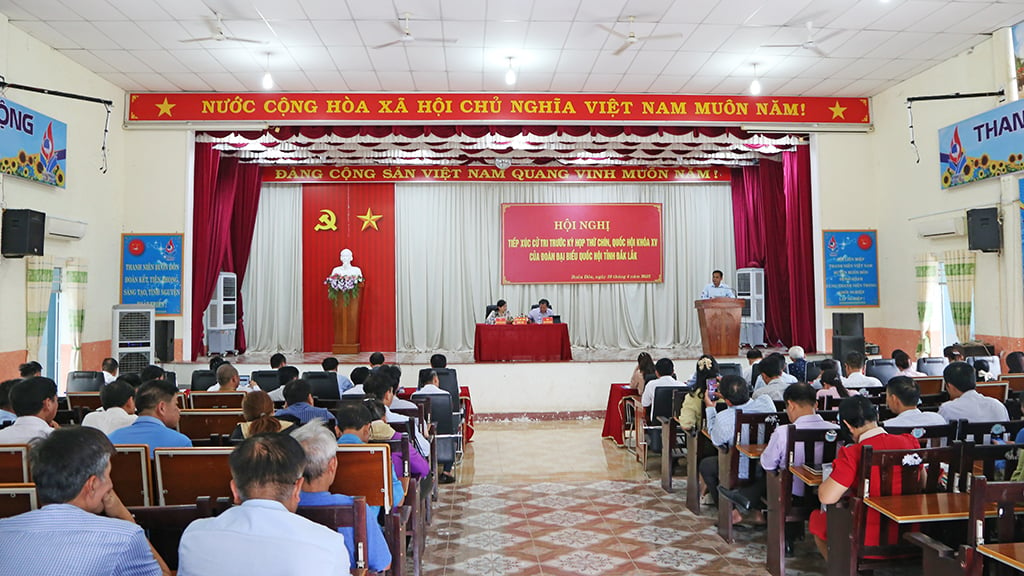
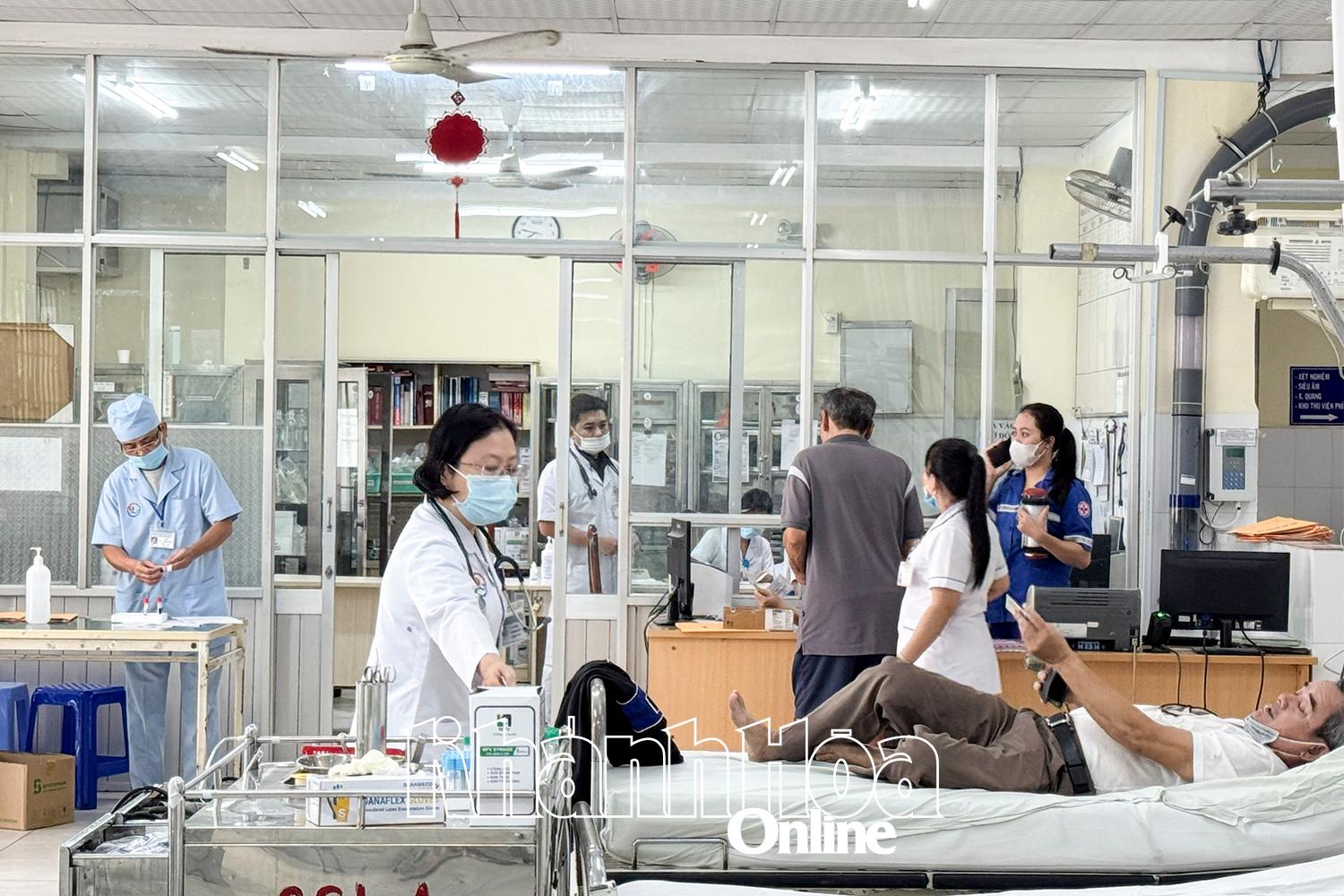


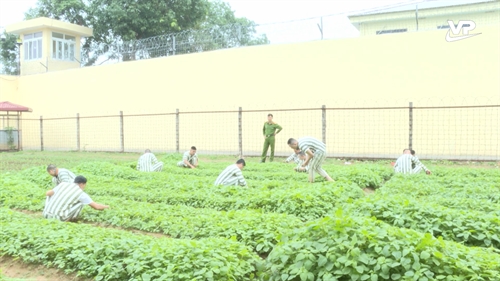









Comment (0)